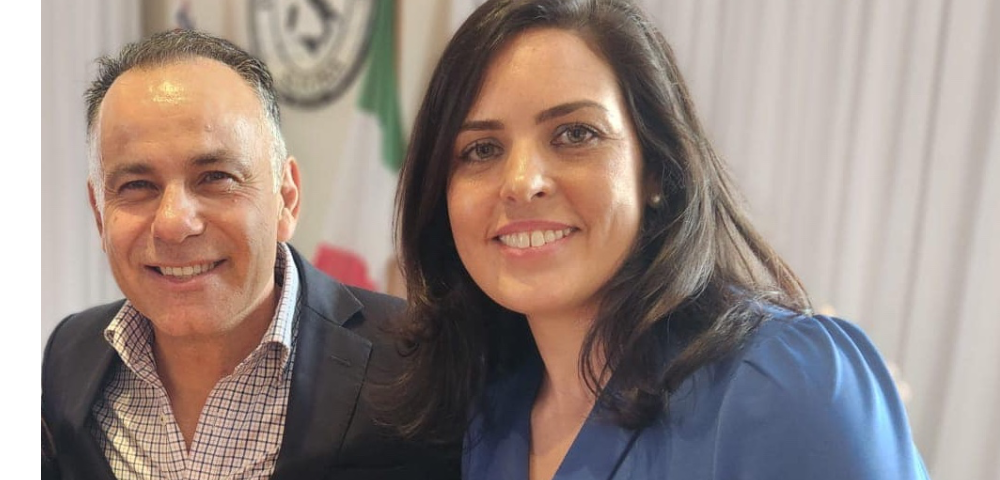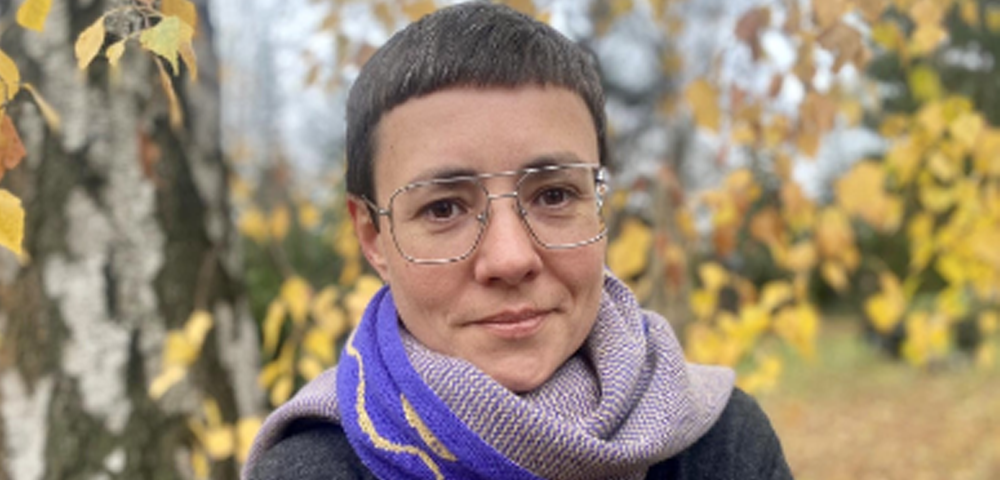
Teachers scared to speak out
Teachers and youth workers are too scared to speak out about homophobia for fear they may be abused or branded as pedophiles, a new report has found.
The findings were published in a new policy blueprint — Beyond Homophobia — released by the Australian Research Centre for Sex, Health and Society (ARCSHS) and launched by the mental health minister, Lisa Neville, last week.
“High levels of verbal abuse, physical abuse, discrimination and isolation all contribute to gay and lesbian young people feeling unsafe in a range of places from home to schools and in the broader community,” Neville said.
“Beyond Homophobia provides us with a possible road map for how government can provide more coordinated responses and how we ensure that service providers are equipped to better meet the needs of same-sex and gender questioning young people [SSAGQ].”
The blueprint highlights the reluctance of youth workers and teachers to stand up for an already marginalised group of young people.
In a questionnaire of 318 mostly teachers and youth workers, 57 percent believed they would be supported by co-workers if they put up a gay or lesbian poster.
An alarming 16 percent of teachers and 13.4 percent of all school staff reported they did not address GLBT issues because they feared being labeled a pedophile.
The blueprint found resources to help SSAGQ young people are currently “fragmented” and there is little in the way of GLBT-specialist services.
While Neville didn’t offer a funding pledge to back the gaps highlighted in the report, she told Southern Star the Government would commit to working across all departments to address the issues.
“Part of [the Government department’s] role will be taking these issues and building capacity and putting resources in that space … so there is a coordinated and shared understanding of the issues,” she said.
Neville ruled out a tie-in funding agreement for youth services, similar to the Victorian Code of Conduct for Community Sport which forces local sporting groups to implement anti-homophobia policies or risk losing funding.
“I wouldn’t say let’s just do it on one thing — there are a whole lot of things that need changes,” she said.
“I don’t know [Government-funded youth services] need it, these are things … that should be embedded in organisations.”
Gay and Lesbian Health Victoria director Anne Mitchell said the blueprint was a positive “first step” and the issues require more than window-dressing.
“I’d like to see some of the resources already being spent by Government departments to take over this area,” she said.
info: Beyond Homophobia can be found at www.glhv.org.au









